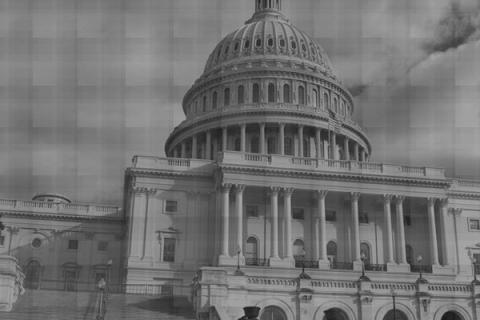A new California law which allows nonviolent prisoners to be released from county jails and state prisons without police supervision is drawing sharp criticism from law enforcement and crime victims groups. Opponents of the legislation are worried that unsupervised criminals will be more likely to re-offend, and that the measure might end up adding to the state's budget crisis.
Victims groups are already posing legal challenges to the early release component of the program, claiming it violates California's constitution. Having already seen nearly 6,000 inmates set free before their court ordered terms on “non-revocable parole,” the new law (in effect since Jan. 25) was passed in order to focus the state's limited financial resources on monitoring higher-risk, violent criminals released from prison.
This means prison officials plan to review a total of 25,000 prisoner files (a process that could last through next month) and rigorously assess individual inmates on their potential risk to society.
Each month approximately 10,000 inmates are released from state prisons. Considering California's current fiscal condition, corrections officials contend that resources must be dedicated to those most likely to commit serious crimes. This entails the institution of non-revocable paroles for those seen as low-level offenders.
Assemblyman Ted Lieu (D-Torrance) is a leading figure in the attack on the new parole system. "There is no reason to say that even if a person commits a new crime, we're going to have a policy that says we can't revoke their parole,” he said, speaking to the Sacramento Bee. Lieu, who is also a candidate for state attorney general, continued, "There is no public safety reason for that. It winds up costing us more in the long run, because to have a parolee sent back to prison you have to re-prosecute."
Many law enforcement officials have gone on record to support the assemblyman's claims. Under the new system, non-revokable parolees, as the title implies, are not subject to a parole hearing upon suspicion of a violation. They must be retried in court with full due process of law.
As an aside, if The Regulate, Control, and Tax Cannabis Act of 2010 passes this November, it will be interesting to see what effect, if any, the decriminalization of cannabis for recreational use will have on police, DA, and public defender workloads.
In the context of mitigating the intake of criminals into the state's prison system, it's possible we might be looking at a budgetary zero-sum game.
